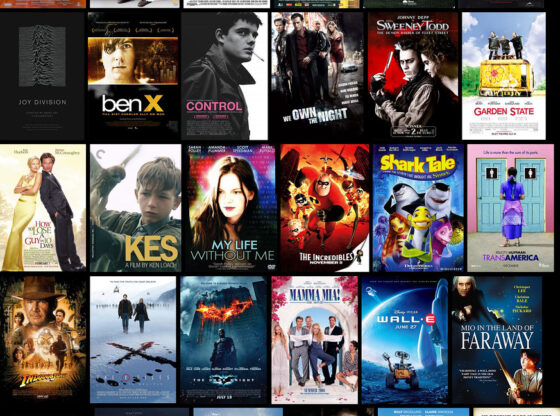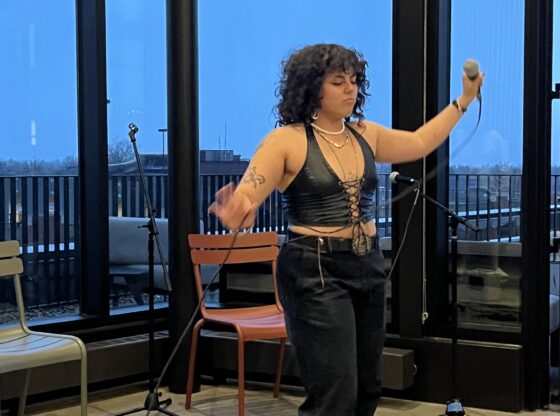Ever since the nominees for the 87th Academy Awards (aired Feb. 22) were announced last month, there’s been plenty of controversy over the lack of diversity of the nominees, snubs of moviegoer favorites and other head-scratching omissions. With such a limited sample of the year’s talent, it’s understandable that certain films and performances would slip under the Academy’s radar. Yet, even when the Oscars have unconventional nominees, they tend to give the awards to the same tired crop of talent. In an effort to right some of the Oscars’ wrongs, here is just a sample of the non-nominated greats of the year.
Best Director: Ava DuVernay, “Selma”
Many were shocked when Ava DuVernay, the woman behind “Selma,” was overlooked for a Best Director nomination. DuVernay has directed everything from documentaries to feature films to an episode of ABC’s “Scandal.” She also won the Best Director Prize at the 2012 Sundance Film Festival for her film “Middle of Nowhere.” Some view DuVernay’s snub as evidence of the Academy’s diversity problem, for no other women were nominated for writing or directing and none of the acting nominees were people of color.
Best Actor: David Oyelowo, “Selma”
Perhaps further proving this diversity problem, David Oyelowo (“The Butler”) did not receive a nomination for his performance as Martin Luther King, Jr. in “Selma.” There was, of course, stiff competition to get on the Best Actor ballot and fellow critic-darling Jake Gyllenhaal was also not nominated for his acclaimed performance in “Nightcrawler.” Still, the omission of Oyelowo’s Golden Globe nominated performance suspiciously feels like more than an oversight or a numbers’ game.
Best Actress: Jennifer Aniston, “Cake”
Jennifer Aniston’s performance as a depressed woman in “Cake” was another Golden Globe and Screen Actors Guild nominee that failed to make the Oscars’ cut. Sure, Aniston indulged in the clichéd make-under Oscar-bait (see Charlize Theron in “Monster,” Marion Cotillard in “La vie en rose”), but she did it exceptionally well. In an otherwise slow, gloomy film, Aniston delivered her best ever performance. While more romantic comedies undoubtedly await her in the future, Aniston finally proved she is so much more than ditsy, doe-eyed Rachel Green—even if the Academy disagrees.
Best Adapted Screenplay: Gillian Flynn, “Gone Girl”
Gillian Flynn’s adaptation of her international bestseller “Gone Girl” also went unnoticed by the Academy. Opting instead for a batch of writing nominees entirely comprised of men, the Academy overlooked one of the best page-to-screen adaptations of the year. Flynn managed to do the impossible: she maintained the twisty, mind-frak nature of the story while making subtle and effective changes. Under the careful direction of David Fincher (also not nominated), “Gone Girl” was one of the most visceral, shocking and haunting features of the year—and that’s all thanks to Flynn.
Best Animated Feature: “The Lego Movie”
Everything is awesome when it comes to “The Lego Movie.” It has it all: laughs, inspiration, fun, adventure, mystery, Batman. It’s hard to imagine anyone walking away from that film not smiling or feeling completely special. And yet, despite its gorgeous animation (the amount of detail and originality that went into every “realm” was astounding), an eclectic group of voice talent led by the actually-perfect Chris Pratt (“Guardians of the Galaxy”) and the catchiest song to ever exist (rightfully-nominated for Best Original tune), the Academy chose to be totally not awesome.
The Oscars are a long-standing Hollywood tradition, and like all long-standing traditions, the awards show has its issues. While being nominated for an Oscar is a true honor, the Academy is not the only authority on the best in cinema. Be sure to check out these films and performances, and share your favorite Oscar snubs with us on Twitter (@DUClarion) and Facebook.











